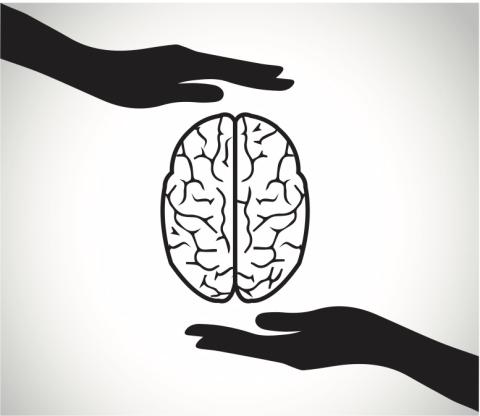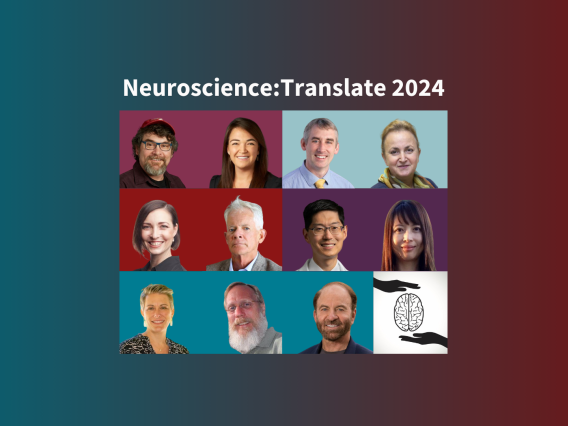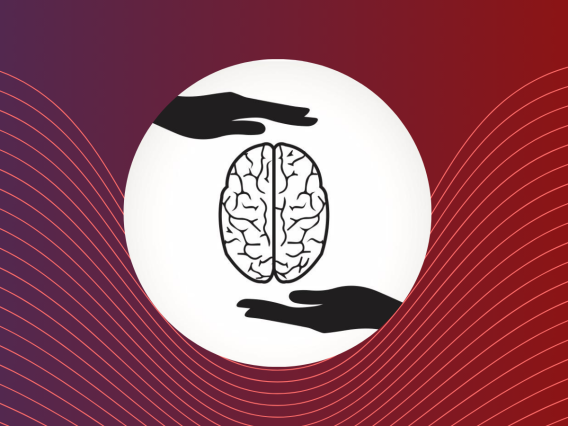The Neuroscience:Translate grant program supports research projects at the intersection of biology, engineering and medicine to address practical unmet needs in brain health and the neurosciences.
The program funds cross-disciplinary teams to develop new devices, diagnostic procedures, software, pharmaceutical therapies and other products that can be brought rapidly to market through new startup companies or partnerships with existing companies. Grants of up to $100,000 are awarded annually to approximately six teams. Teams who have previously received Neuroscience:Translate awards may apply for a one-year renewal to continue advancing their technology.
This program was inspired by the successful Stanford Coulter Translational Research program, a partnership between Stanford Bioengineering and the Coulter Foundation managed by the Stanford Byers Center for Biodesign. The Wu Tsai Neurosciences Institute partners with Stanford Biodesign to bring this approach and expertise to bear on the field of neuroscience and brain diseases, with guidance from a Neuroscience:Translate oversight committee comprising scientific and industry leaders in biotechnology development.
Funded Neuroscience:Translate projects
NeuroRoots, brain/computer interface solution for paralysis
Extended Reality(XR) enhanced behavioral activation for treatment of Major Depressive Disorder
This team has created an extended reality–enhanced implementation of "behavioral activation," one of the most effective forms of evidence-based psychotherapy for major depression. They will use the Neuroscience:Translate award to test the efficacy and scalability of this approach and accelerate the development of extended reality technologies to improve treatment options for major depression.
High-Fidelity Artificial Retina for Vision Restoration
This team will use their Neuroscience:Translate award to develop a large-scale bi-directional neural interface that will restore high-fidelity vision to people blinded by retinal degeneration.
PTS glove passive tactile stimulation for stroke rehab - Renewal
This team is developing wearable stimulation devices to improve limb function after stroke. The technology includes a tactile stimulation method, and the wireless, lightweight, and low-cost wearable computing devices to apply this stimulation.
Rapid and automated educational assessment through the web browser
Multi-modal deep learning for automated seizure localization
Developing an automated seizure detection and localization system based on deep neural networks, EEG data, and real-time video with the goal to dramatically increase neurologist diagnostic capabilities while improving quality of care.


